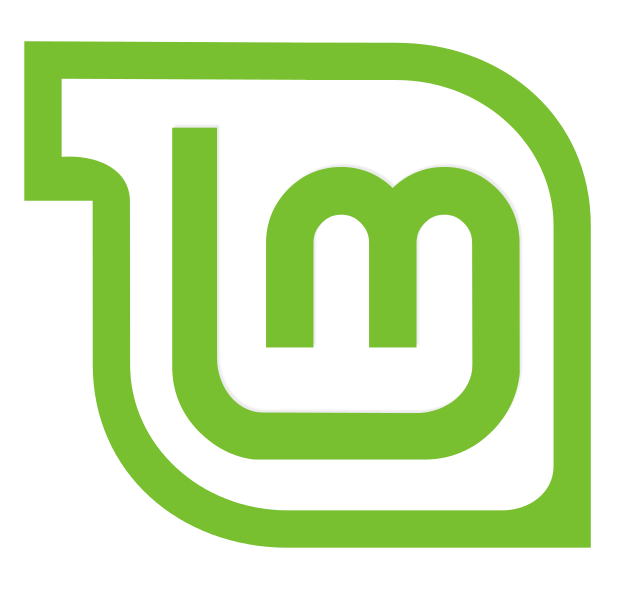About the Linux Institute
The Linux Institute is an initiative created by MComm Technologies to democratize access to technology and bridge the digital divide. We believe that education is a fundamental human right and the most powerful tool to combat poverty. Our mission is to provide free resources that stimulate the adoption of open-source technology and guide individuals to credible sources of information. By empowering people with knowledge and skills in Linux and open-source software, we aim to create opportunities for personal growth, professional development, and innovation in communities worldwide.
How big is Linux
Linux is vast and diverse, with thousands of distributions (distros) created to suit different needs. For users accustomed to the singular, structured environment of Windows, transitioning to Linux can feel overwhelming. Unlike Windows 🪟, which is generally uniform across devices, Linux offers distros tailored for specific tasks like security (e.g., Kali Linux), general use (e.g., Ubuntu, Fedora), or lightweight performance (e.g., Puppy Linux).
📊 Linux Distribution Timeline 🐧
🏛️ Source: https://github.com/FabioLolix/LinuxTimeline
🏛️ Original source: futurist.se/gldt
The variety is both a strength and a challenge—each distro may come with different package managers, user interfaces, and ecosystems. Grasping the full scale and adapting to the wide array of Linux distros can be daunting, especially for beginners, who must navigate through options to find what suits their needs.
Popular Linux Distributions
If you are new to Linux, choosing the right distribution can make your experience much smoother. Each distribution offers a unique blend of features, user interfaces, and software management systems.
Ubuntu, known for its user-friendly interface and strong community support, is a great option for beginners. Fedora provides cutting-edge software and a clean interface, ideal for those who want a more streamlined yet powerful system. Linux Mint combines simplicity and ease of use with the familiar feel of traditional desktop environments, making it another top choice for those new to Linux.

Fedora
Community-driven distribution sponsored by Red Hat, known for cutting-edge features.
Learn More
Linux Mint
Based on Ubuntu, designed for ease of use and complete out-of-the-box experience.
Learn MoreOpen Source Alternatives
Open-source software offers a powerful solution for those prioritizing privacy, security, and freedom in their digital lives. These alternatives are often developed and maintained by a global community of developers, ensuring transparency and rapid improvements.
Unlike commercial software, open-source alternatives are free to use, modify, and distribute, making them a great choice for both individuals and businesses. With a strong focus on user control, open-source options provide excellent functionality while respecting user privacy and security.
| Proprietary Software | Open Source Alternative | Description |
|---|---|---|
| Microsoft Office | LibreOffice | Comprehensive office suite with word processing, spreadsheets, presentations, and more. |
| Google Drive | Nextcloud | Self-hosted file sync and share platform with additional collaboration features. |
| Microsoft Outlook | Thunderbird | Feature-rich email client with calendar and task management capabilities. |
| Microsoft Teams | Mattermost | Open-source team collaboration platform with messaging, file sharing, and integrations. |
| TeamViewer | Apache Guacamole | Clientless remote desktop gateway that supports standard protocols like VNC, RDP, and SSH. |
| Adobe Photoshop | GIMP | Powerful image editing software with a wide range of tools and plugins. |
| Adobe Illustrator | Inkscape | Vector graphics editor suitable for creating and editing illustrations, logos, and complex artwork. |
| AutoCAD | FreeCAD | 3D parametric modeler for computer-aided design (CAD) in engineering and architecture. |
| Microsoft Project | OpenProject | Web-based project management and team collaboration software. |
| Slack | Rocket.Chat | Self-hosted chat and collaboration platform with channels, direct messaging, and file sharing. |
| Dropbox | Seafile | Open-source file hosting and synchronization solution with encryption and team collaboration features. |
| Skype | Jitsi Meet | Secure, feature-rich video conferencing platform that can be self-hosted or used via public instances. |
| MATLAB | GNU Octave | High-level programming language for numerical computations and scientific computing. |
| Windows Media Player | VLC Media Player | Versatile multimedia player supporting a wide range of audio and video formats. |
| Adobe Premiere Pro | Kdenlive | Non-linear video editing software with multi-track editing, effects, and transitions. |
| Evernote | Joplin | Free, open-source note-taking and to-do application with synchronization capabilities. |
| QuickBooks | GnuCash | Personal and small business financial accounting software with double-entry bookkeeping. |
| Tableau | Apache Superset | Modern data exploration and visualization platform with interactive dashboards. |
| Visio | draw.io (diagrams.net) | Web-based diagramming tool for creating flowcharts, network diagrams, and other visual representations. |
| Camtasia | OBS Studio | Free and open-source software for video recording and live streaming. |
| FL Studio | LMMS | Digital audio workstation for music production with a piano roll, beat editor, and plugin support. |
| Zoom | BigBlueButton | Web conferencing system designed for online learning with features like whiteboard, breakout rooms, and polls. |
| Microsoft Visio | Dia | Diagram creation program for flowcharts, network diagrams, and more. |
| Adobe Acrobat | PDF-XChange Editor | Feature-rich PDF viewer and editor with annotation tools and form filling capabilities. |
| Wolfram Mathematica | SageMath | Open-source mathematics software system with features for algebra, calculus, number theory, and more. |
These open-source alternatives provide powerful, free options to replace proprietary software. Many offer similar functionality and, in some cases, additional features not found in their proprietary counterparts.
Learning Resources
Getting Started with: Ubuntu | Fedora | Linux Mint
Terminal Basics: Ubuntu | Fedora | Linux Mint
Software Management: Ubuntu Software Center | Fedora | Linux Mint
Community: Joining the Ubuntu Community
Our Vision
"There can be no true freedom without the freedom to learn. Open source is the key to unlocking knowledge for all."
